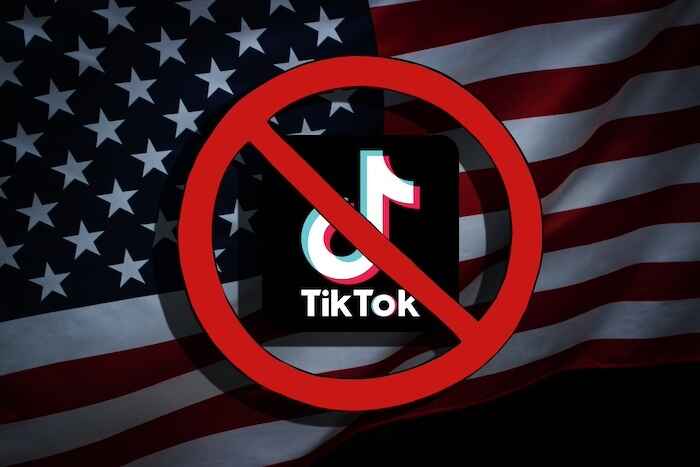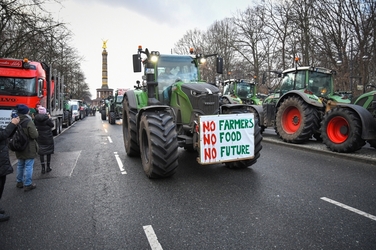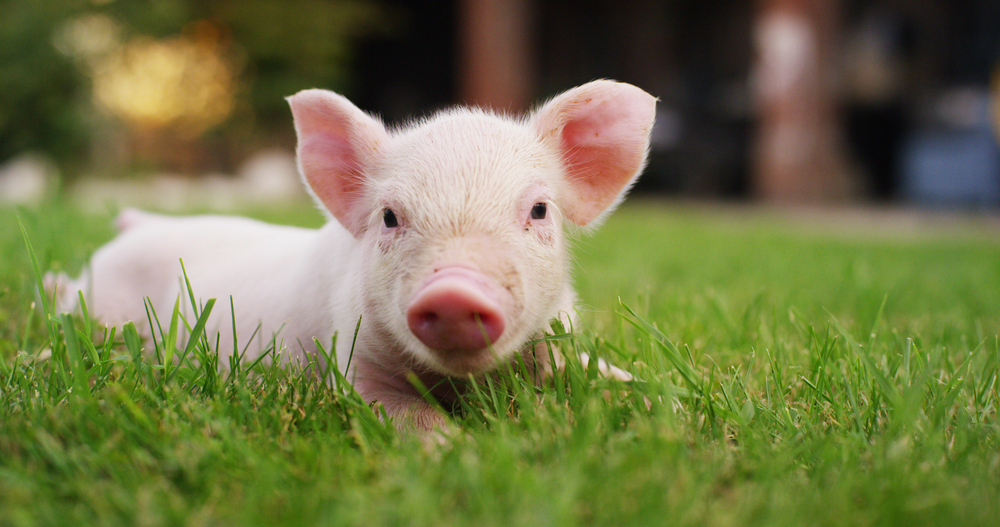Can You Name the One Thing That Matters?
Joel Salatin|April 4, 2023

A Note From Amanda: Joel asks a big question today. It’s one that can have a lot of answers… and that’s his point. We all know what’s important to each of us… but what’s important to ALL of us? Is it the liberty that comes from being financially free (as Manward would argue)? See how Joel wrestles with this question below… and send your ideas to mailbag@manwardpress.com.
As things start to rev up for another election cycle, I find myself in a quandary. I’m reading candidate platforms and asking myself what the biggest issue really is.
We all have expertise and experience… but they’re limited to our own lives. We’re comfortable in the areas we feel well-versed in… and tend to either ignore or be wishy-washy about the others.
For example, I’m extremely confident about agricultural policy. I’m well read on the topic and highly experienced in the food and farm sector. Were I to run for political office, I’d enjoy laying out my policies for that sector.
But is that the most important thing?
I recently combed through a platform for a new candidate running for the Senate. He’s endorsed by Ron Paul and has impeccable libertarian-leaning credentials. He has not uttered a single word about food, farming or agriculture – my hot-button issues.
Does he feel too ignorant to take a position? Does he think food and farm issues aren’t worth discussing?
He’s also said nothing about the war in Ukraine. Nothing about Taiwan. While I admit to being unsure about these things, it seems like someone running for the Senate would have something to say about national defense beyond “We need a strong military.”
Having a strong military could mean bringing everyone home, shutting down all foreign bases and becoming a defensive porcupine. It could also mean extending our empire around the globe and trying to fight everyone else’s conflicts for them.
But to be mum about the conflict in Ukraine, given the quagmire it seems to be creating, seems almost like purposeful neglect.
This all raises the question: What is the most important issue?
The One Thing
The One Thing is a wonderful business book that challenges entrepreneurs to boil their to-do list down to one thing. The book argues that viewing multiple tasks as equally important keeps us from focusing on the one that needs the most attention.
The thesis is that if you simply focus on the one most important thing you have to do, you create a domino effect that leads to achieving everything else. You get more accomplished by focusing on one thing than on many things.
Most people aren’t capable of digesting a political laundry list. The longer a list is, the more likely it is that one of its items will alienate someone.
I’ve found that for all farming certifications – such as organic, animal welfare or fair trade – as you go down the list of requirements, somewhere it turns squirrely and the rules become either counterproductive or ridiculous.
That’s why our farm doesn’t participate in any third-party certifications.
Politicians face similar challenges. The tension between telling enough but not telling too much must be incredibly difficult to manage.
Sometimes we meet someone and start into a policy discussion all smiles, agreeing on the first two ideas. But if the discussion moves too far, we start disagreeing. And then the whole thing devolves into what we disagree about. We walk away shaking our heads, bemoaning the other guy’s idiocy… even though we might agree on 80% of the issues.
One of my favorite questions to be asked when doing media interviews is, “If you were king for a day, what one thing would you do in our farm/food space?”
I’ve had a standard answer for years: “Issue a Food Emancipation Proclamation.”
In other words, I would free food from being enslaved by licenses and bureaucratic regulation when it is directly traded between producer and consumer. Thousands of farmers want to sell things. Millions of nonfarmers want to buy things directly from them. But a host of hurdles blocks consenting adults from engaging in free trade.
A food emancipation policy would solve a number of issues, from urban food deserts to local food insecurity and instability. It would put the big corporations that enjoy subsidies and concessions in direct market competition with a horde of community-scale “agri-preneurs.”
Suddenly authentic food would be accessible and affordable.
That’s where my expertise and passion lie. But is it the nation’s No. 1 concern?
All Talk, No Action
People in education tend to think our public school system is the No. 1 thing – we’ve got to save our kids.
Doctors think the healthcare system is the No. 1 thing.
Business folks think the economy (and inflation) is the No. 1 thing.
The problem is few people talk specifically. We complain about prices. About overregulation. About fentanyl. But seldom can we articulate a definite policy that would deal with these issues.
For instance, Bill Gates says the world population needs to be two-thirds of what is today in order for humanity to survive. Since he’s the one preaching that sermon, shouldn’t he be the first to volunteer to take his plate off the table?
The devil certainly is in the details.
Boiling the host of issues our society faces down to the single most important one is not easy.
Ron Paul’s single issue was to abolish the Fed. I’d go for that. Perhaps that is the single most important thing.
Over the years, our country’s politicians have tried to solve things via a hodgepodge of legislation that patches something here and transfers something else over there.
The result is a labyrinth of laws that sink us deeper into dysfunction. (Perhaps every law should have a 10-year sunset clause.)
I actually don’t know what the single most important thing is. Do you? Share your thoughts at mailbag@manwardpress.com.

Joel Salatin
Joel Salatin calls himself a Christian libertarian environmentalist capitalist lunatic farmer. Others who like him call him the most famous farmer in the world, the high priest of the pasture, and the most eclectic thinker from Virginia since Thomas Jefferson. Those who don’t like him call him a bioterrorist, Typhoid Mary, a charlatan, and a starvation advocate. With a room full of debate trophies from high school and college days, 12 published books, and a thriving multigenerational family farm, he draws on a lifetime of food, farming and fantasy to entertain and inspire audiences around the world.





